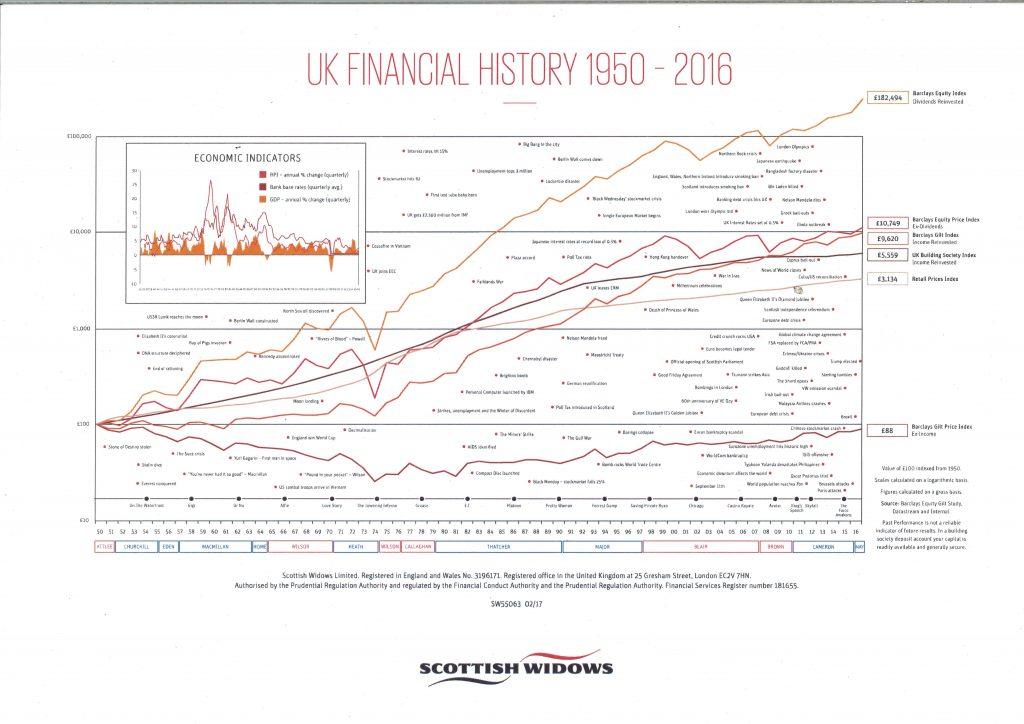Be brave…

February 2019
The following comments may help with clarity at this time…
As a consequence of a very kind client and a very generous friend, I was able to spend a few days in the rarefied atmosphere of a beautiful valley surrounded by mountains in the middle of the World Economic Forum (WEF) surrounded, in theory, by the good and the great.
To get a good perspective on the reality of Davos, and more importantly to put into context the stressful environment in which we are living as a consequence of global trade, European disintegration let alone BREXIT, I urge you all to read the following: Factfulness: Ten reasons We’re Wrong About The World And Why Things Are Better Than You Think by Hans Rosling.
The book starts with 13 questions posed to the Davos summit in 2015 and shows the appalling level of ignorance identified in the replies given to the questions.
Having re-read the book, I can easily see how Donald Trump, let alone the other extraordinary political leaders in Brazil, Turkey, Hungary, mainland Europe and particularly in Italy, can so easily misrepresent and mislead people. In respect of the BREXIT debate, the only things that are absolute facts are the appalling ignorance and abuse of privilege around the use of data, and the reality of where we are in terms of global economic evolution. This is particularly so in the new age of the digital, technological economy which we all use and enjoy but refuse to comprehend. These facts affect all our lives as a consequence of the marvels and incomprehension of all that is happening in the fourth industrial revolution.
This bulletin is timely as Bill Gates has also been quoted to say “the world really is getting better” through an article by CapX. In this article, they quote Max Roser who also sources Hans Rosling’s book as well.
In Davos where the good and the great were supposed to be saving the planet from climate change and food wastage, there was an extraordinary disconnect between the laudable actions and attempts to resolve matters, and the reality of how the good and great spent the week. It didn’t matter how short the journey, everybody travelled in gas guzzling limos. There was free food and booze et al everywhere even with the most cash-strapped charities trying to engage the good and the great in supporting them. Charities were giving away and wasting free food to people who couldn’t possibly have needed any such inducement. The impression of a fully paid-for jolly appeared to be in evidence; the expense and cost of getting there, being there, and performing was beyond belief.
Notwithstanding the observations made in Hans Rosling’s book, as detailed above, it has to be admitted that it is probably the one place in the year and on this planet where enough people get together to affect systemic change. However abused the privilege may be, the outcome of most meetings in the valley does move the global agenda forward dramatically.
Reverting to the statistics in the book mentioned, the evidence is borne out by the data below, even if it is ignored almost constantly by everyone, everywhere all the time. So, change happens subliminally, it must do because the facts are enormous as the book clearly highlights.
Here are some basic facts to help put the current situation in context – leaving you to decide which of them most frightened you in the past in relation to where we are today, and how amazed you are about true data. I will also leave you to consider how well a long-term, equity-orientated investment strategy has performed as detailed in the graph included with this bulletin. This will help you to understand why we have maintained the investment strategy as outlined in the various bulletins and our rebalancing instructions recently.
The following has happened in my lifetime. Not in order of severity, or in order of timeline:
Here follow some positive outcomes of the world in which we live:
Source:Factfulness: Ten reasons We’re Wrong About The World And Why Things Are Better Than You Think by Hans Rosling
Conclusion
Whatever you may think about the world today, the reality is that the vast majority of the population now have a reasonable living income. They are able to buy food and drinking water, save a little bit of money, live in reasonable accommodation and they are all increasing their quality of life at a rapid rate of knots.
Despite the fake news headlines produced by Oxfam last week about the state of the gap between the rich and the poor, the reality is that the gap between the rich and the poor in terms of spending power has never been so equal, nor has there been so much opportunity for the vast majority of the population to engage in economic expansion, evolution, improvement and wealth creation.
